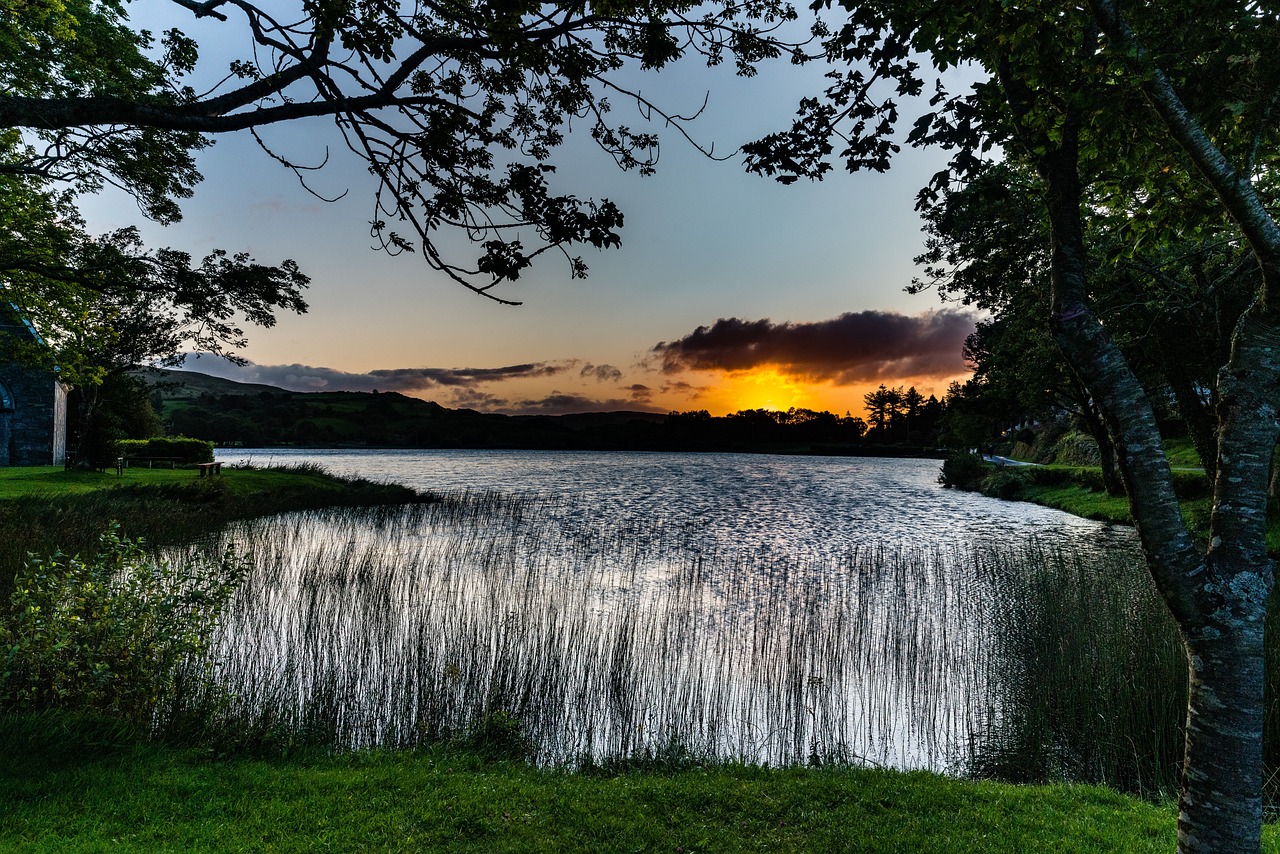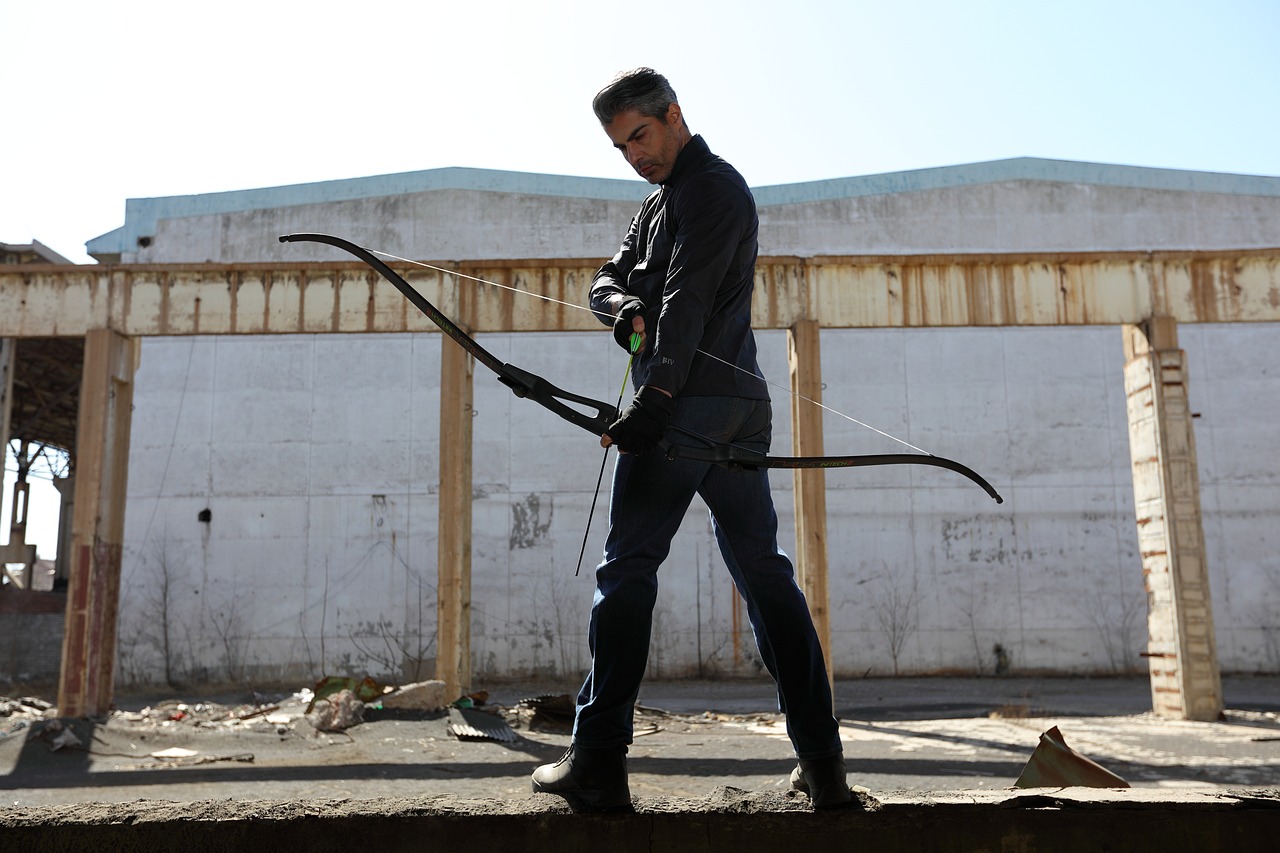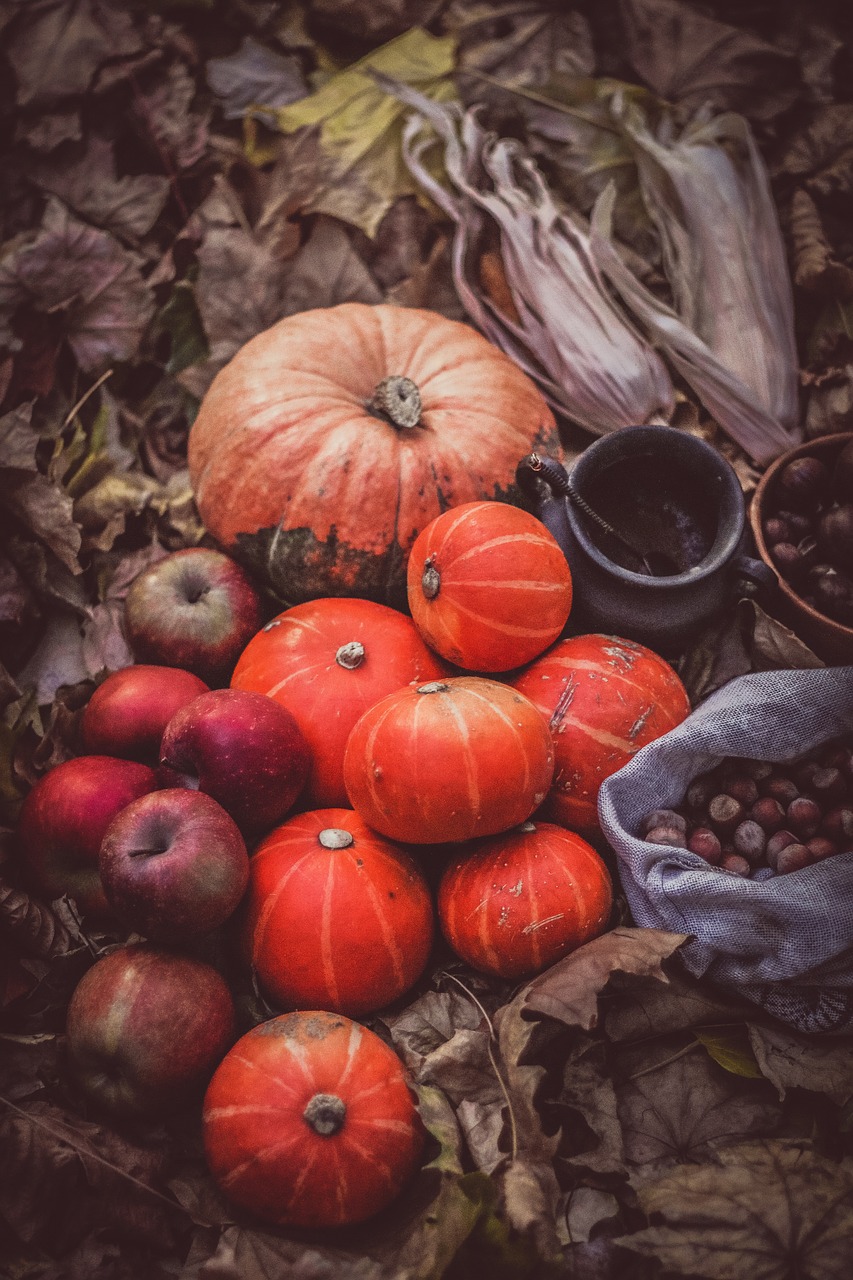Celtic Mythology
-
In the enchanting realm of ancient Celtic mythology, Rhiannon emerges as a mesmerizing and mysterious character. Celebrated as the goddess of love, beauty, and the Otherworld, she has inspired hearts and imaginations across generations. This article embarks on an exploration of the multifaceted nature of Rhiannon, highlighting her narratives, symbolism, and cultural significance in Celtic…
-

Lugh is a significant figure in Irish mythology, revered for his diverse roles as a mighty deity, human hero, warrior, ruler, sun god, and master craftsman. The intertwining of oral traditions and myths makes it challenging to delineate between history and legend, yet Lugh stands out as one of the most potent Celtic gods. Some…
-
Years ago, I forged a friendship with George, an enthusiastic historian of ancient Celtic culture. While sharing drinks in a pub, he captivated me with tales of the seldom-discussed Celtic deities of creativity, particularly the god Gobhniu alongside his companions, Luchta and Creidhne. As George unraveled these engrossing stories about the gods of metalsmithing, I…
-

In the rich tapestry of Irish and Celtic mythology, one tale that captivates the heart is the poignant romance between Niamh and Oisín, emerging from the Fenian Cycle. This story unfolds after a fierce battle, where Fionn Mac Cumhaill and his gallant warriors, the Fianna, found solace by the serene shores of Loch Lein in…
-
Cernunnos, often referred to as the horned deity of the Celts, embodies a myriad of concepts including nature, wildlife, and fertility. He is typically portrayed with stag antlers or horns and is adorned with a torc around his neck. Despite the limited information available on him, notable representations can be found in various Celtic artistic…
-

Scáthach: The Fierce Warrior Queen of Irish Legend Scáthach, often revered as a formidable figure in Irish mythology, is notable for having trained the famed hero Cú Chulainn in the arts of battle. Known as “The Shadow,” her legacy remains deeply ingrained in the tales of ancient Ireland. This warrior queen established her domain within…
-

Understanding the Significance of Samhain Samhain, celebrated on November 1st, signifies the “end of summer.” This date traditionally marked the conclusion of the Celtic year and heralded the onset of winter—a time for contemplation. The eve of Samhain, October 31st, was believed to be when the ancestors would traverse through the veil that separates the…
-

The Each-Uisge: Scotland’s Sinister Water Equine A Call from the Water’s Edge… Should You Heed It? A thick, oppressive mist lingers over Scotland’s lochs, draping the reeds in an ethereal veil. The chill in the air penetrates deeply, while a silence cloaks the landscape like a sinister omen. This is not a void of sound;…
-
He was not to blame for his predicament. How could someone so noble, so strikingly beautiful, bear any fault? He was the golden boy, the cherished one of his mother’s kin. How had everything spiraled into chaos? How had his radiant ambitions dulled? Raised on tales filled with pride recited by his mother, he learned…


